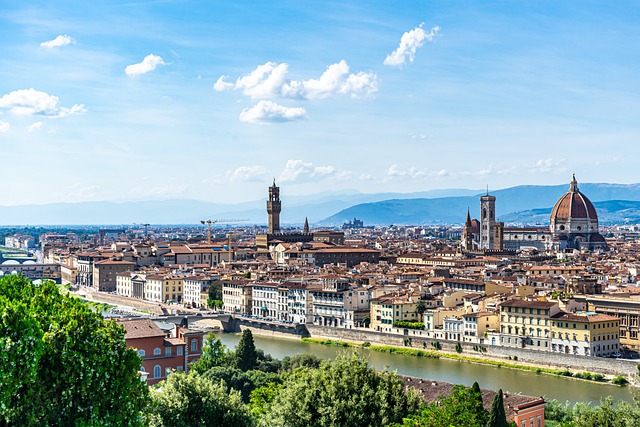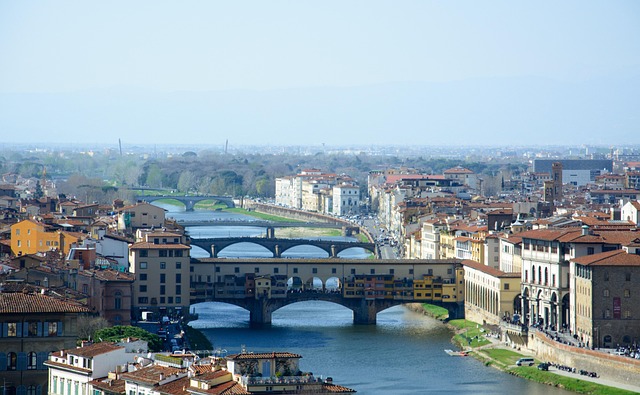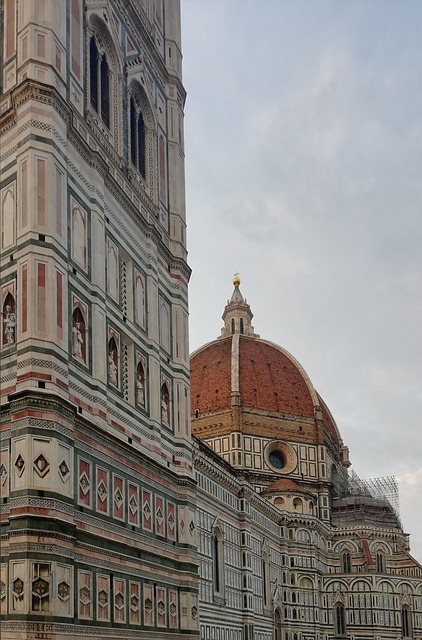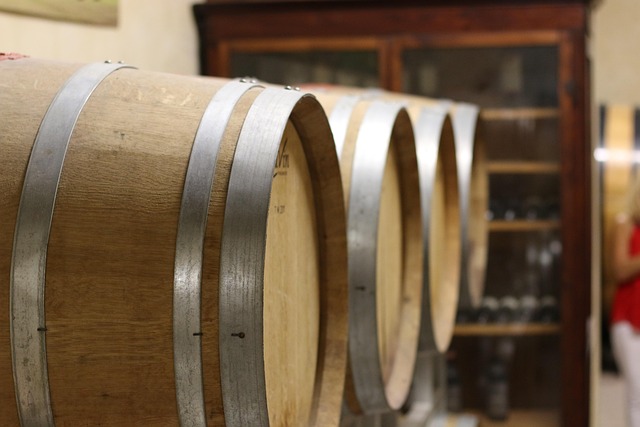Florence's hidden historical gem lies in its robust logging industry, which has shaped the city's identity for centuries. Balancing modern development with preserving indigenous roots is crucial due to land use disputes and cultural knowledge loss among younger community members. Innovative solutions like educational programs, community initiatives, and digital technologies are needed to safeguard this heritage. Local initiatives focus on preserving ancient forest ecosystems and sharing traditional knowledge through events and workshops. Florence's commitment to cultural preservation ensures its past remains dynamic and relevant for both the community and future generations, while transitioning towards sustainable practices in the logging industry.
Florence, known for its rich history and cultural heritage, faces a unique challenge: preserving its indigenous roots while navigating the remnants of its once-thriving logging industry. This article delves into the historical role of the Florence logging industry, exploring its impact on the local community and environment. We discuss challenges in preserving indigenous heritage, highlighting successful community initiatives and cultural revitalization efforts. Additionally, we propose future strategies for sustainable preservation, ensuring Florence’s legacy thrives while respecting its past.
- The Historical Role of Florence's Logging Industry
- Challenges in Preserving Indigenous Heritage
- Community Involvement and Initiatives
- Cultural Revitalization Efforts in Florence
- Future Strategies for Sustainable Preservation
The Historical Role of Florence's Logging Industry

Florence, known for its rich artistic and cultural heritage, has a lesser-known but equally significant historical role tied to its logging industry. For centuries, the city’s surrounding forests provided a vital resource for construction, heating, and fuel, shaping the economic landscape of the region. The Florence logging industry played a crucial part in the development and prosperity of the city, ensuring a steady supply of timber for the renowned architectural marvels that define Florence today.
The bustling activity in the forests and along the riverside marked a vibrant scene of loggers, carpenters, and artisans working hand-in-hand. The industry’s impact extended beyond construction; it fostered a strong connection between the city and its natural environment, leaving an indelible mark on the local culture and traditions. As Florence navigates modern challenges, preserving this indigenous heritage becomes essential, offering a glimpse into the city’s past and its evolution over time.
Challenges in Preserving Indigenous Heritage

The preservation of indigenous heritage faces unique challenges in Florence, where the historic logging industry has left an indelible mark on the region’s landscape and culture. One significant hurdle is the delicate balance between safeguarding traditional practices and accommodating modern development. As Florence continues to grow and evolve, there is pressure to preserve natural resources while also catering to a bustling tourism sector. This conflict often arises in the form of land use disputes, where indigenous communities may need to navigate complex legal processes to protect their ancestral territories from commercial exploitation.
Additionally, the transmission of indigenous knowledge across generations poses another challenge. Traditional practices, stories, and languages are at risk of fading as younger community members embrace urban lifestyles. The rapid pace of modernization can create a disconnect between older practitioners and the younger guard, potentially leading to a loss of cultural richness. In Florence, efforts to revive and preserve these indigenous heritage elements require innovative approaches, such as educational programs, community initiatives, and the documentation of oral histories, all while navigating the complexities of the local logging industry’s influence on their traditional ways of life.
Community Involvement and Initiatives

In Florence, community involvement in indigenous heritage preservation is a vibrant and evolving landscape. Local initiatives stem from a deep-rooted connection to the land and its history, with residents actively participating in projects that safeguard and celebrate their cultural legacy. One notable example is the collaborative effort between community members and environmental activists to preserve ancient forest ecosystems, reflecting Florence’s strong bond with its natural surroundings.
These community-driven endeavors often extend into the realm of education and awareness campaigns. Local indigenous groups organize workshops, cultural events, and educational programs aimed at sharing their traditional knowledge and practices with both residents and visitors. By engaging in such initiatives, Florence fosters a deeper understanding and appreciation of its indigenous heritage, including its historical ties to the thriving Florence logging industry. This holistic approach ensures that cultural preservation remains dynamic and relevant, benefiting both the community’s present and future.
Cultural Revitalization Efforts in Florence

Florence, known for its rich history and artistic legacy, has also made significant strides in preserving its indigenous heritage. One notable aspect is the renewed focus on cultural revitalization, particularly within the community that once relied heavily on the Florence logging industry. Efforts to revive traditional practices and knowledge have brought a sense of pride and identity to the locals.
These initiatives involve workshops, cultural exchanges, and community events that celebrate the area’s indigenous roots. By sharing stories, teaching ancient crafts, and promoting local art forms, residents are fostering a deeper connection to their heritage. The Florence logging industry, though historically significant, has given way to new sustainable practices, allowing the community to embrace its past while shaping a forward-looking future.
Future Strategies for Sustainable Preservation

Florence, known for its rich historical and cultural heritage, faces a unique challenge in preserving its indigenous roots amidst modern developments. To ensure the sustainability of its indigenous heritage preservation efforts, future strategies should focus on innovative approaches that balance tradition with contemporary needs. One promising method is the integration of digital technologies to document and share cultural knowledge, ensuring that valuable practices are not lost to time.
For instance, Florence could leverage advanced mapping tools and virtual reality to create immersive experiences that showcase its indigenous landscape and historical sites. Additionally, promoting sustainable tourism initiatives can fund preservation efforts while raising awareness among visitors about the region’s cultural significance. By engaging local communities in these processes, Florence can foster a deeper appreciation for its indigenous heritage, ensuring its relevance and continuity for future generations while also revitalizing the local economy through responsible logging industry practices.
